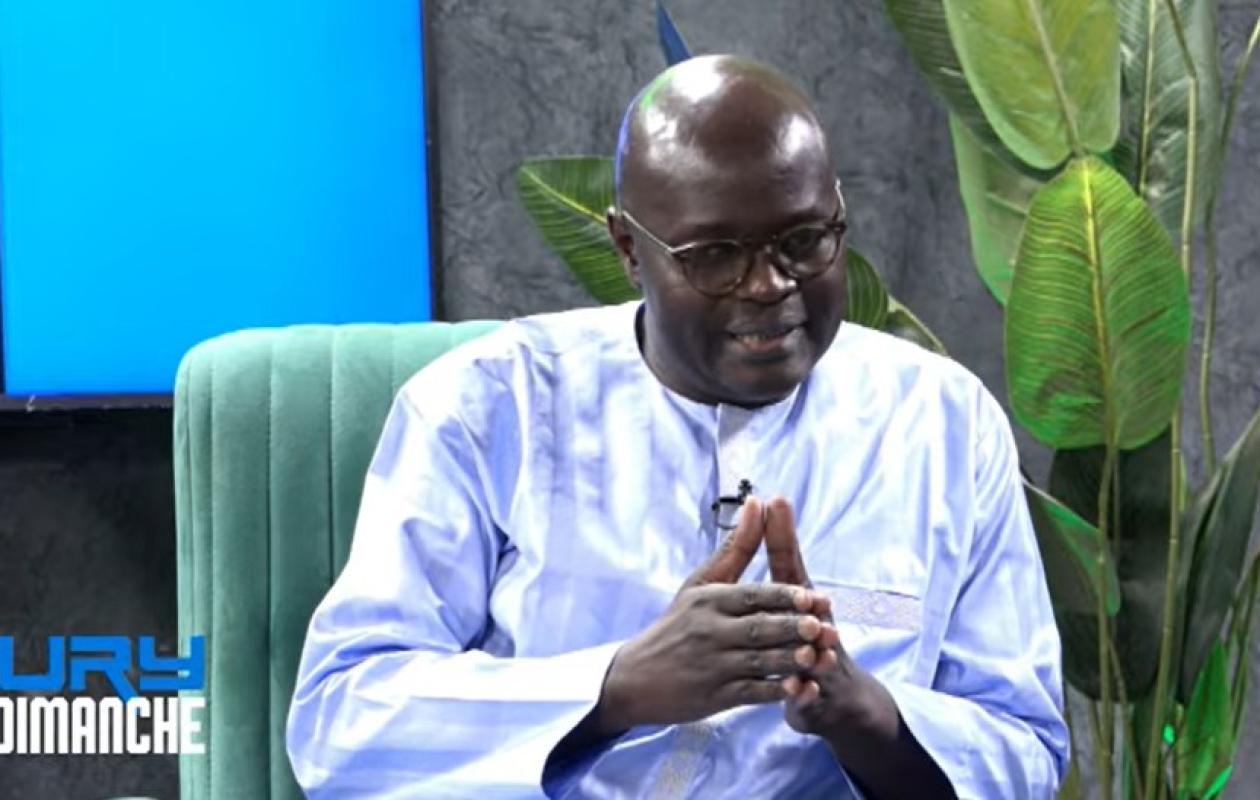
L'économiste Abdou Cissé alerte sur l’urgence de restructurer la dette publique du Sénégal
Appearing on iRadio's "Sunday Jury," economist Abdou Cissé sounded the alarm about the worrying evolution of Senegal's public debt. According to him, the country has reached a level of indebtedness that no longer allows for postponing difficult decisions. He now considers a debt reprofiling or restructuring "inevitable" in order to ease the burden on public finances and free up budgetary space for essential social investments.
Abdou Cissé believes the State must look at the situation "clearly," without taboos or political bias. "As things stand, Senegal cannot avoid debt reprofiling, restructuring, because that would allow it to breathe a little easier. Perhaps we will extend the maturities, that is to say, the repayment periods."
According to the economist, the level of debt has crossed a red line. The idea of reprofiling or restructuring is no longer a strategic choice, but an economic necessity. "Where Senegal finds itself, with more or less over-indebtedness, I think we cannot avoid restructuring," said the guest on "Sunday's Jury".
Mr. Cissé acknowledges, however, that this option may raise concerns, particularly among financial partners and international donors. Some fear that such a choice could send a negative signal to the markets.
But Abdou Cissé rejects these apprehensions. "Perhaps there is a fear of seeing the donors distance themselves from us, not return. But I don't believe so. If we do it under the auspices of the IMF, I think there is a certain credibility," he explains, believing that a "reassuring" restructuring is possible, if it is well supervised and supported by international financial institutions recognized for their expertise.
For the economist, the issue is clear: it's about giving Senegal more flexibility to finance its budgetary priorities, particularly social ones. "Restructuring would allow us, instead of paying the full amount of money we would have had to pay, to perhaps pay half or a third. We're going to reschedule the payments. And the money we would have had to spend on debt servicing, we can put some of it into investments that benefit the population," Mr. Cissé summarizes.
According to him, maintaining the status quo amounts to sacrificing social, health and productive investment on the altar of debt.
"Debt has taken the elevator, assets the ladder."
To illustrate the imbalance between rising debt and slow growth in national assets, the economist uses a powerful image. "When debt keeps going up and up, you have to stop at some point. Debt took the elevator and assets didn't even take the stairs. They took the ladder," he says.
He recalls that he had already alerted the authorities several years ago: "In 2017, I raised the alarm to say that we need to stop the debt. I wrote an article to say that we need to stop the debt."
Commentaires (2)
Et que le FMI ne veut pas bosser avec lui
Participer à la Discussion
Règles de la communauté :
💡 Astuce : Utilisez des emojis depuis votre téléphone ou le module emoji ci-dessous. Cliquez sur GIF pour ajouter un GIF animé. Collez un lien X/Twitter ou TikTok pour l'afficher automatiquement.